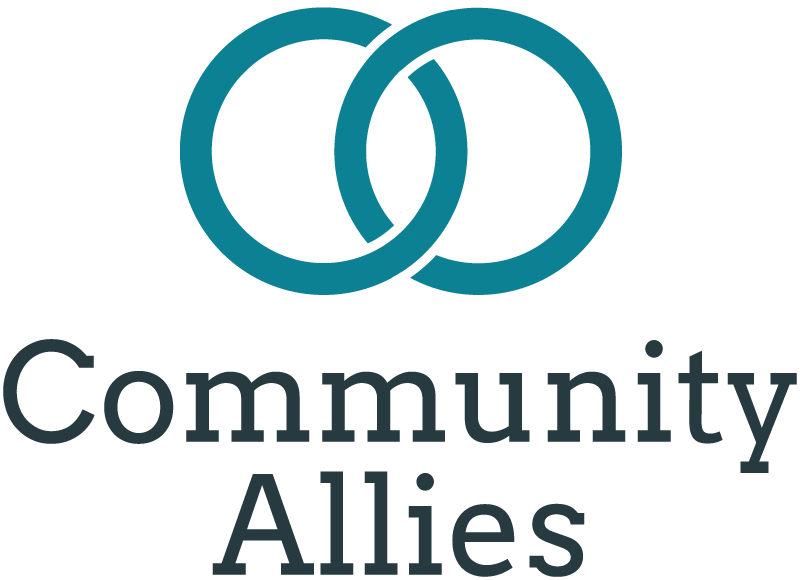Shopping local: good and good for you
Still scrambling to finish your holiday shopping? Do yourself a favor: turn off the computer and take a walk. Supporting locally-owned businesses is a critical economic choice that impacts jobs, state and city finances, and even your own tax bill.
A multitude of studies have shown that locally-owned businesses recirculate money in their local economies at a rate of 2-3X that of their chain competitors. That’s because local businesses do 100% of their hiring locally, conduct business with other local firms, reinvest their profits locally, and give more to local charities.
The difference is even more dramatic with online shopping. With no local footprint at all, nearly all of the money spent online goes out of local communities and back to corporate headquarters and distant shareholders.
If that’s not enough to get you off the couch and into your neighborhood, consider the direct impact on your wallet. The revenue bases of most states and towns depend on a traditional model of commerce in which businesses help fund schools, libraries, roads and other services through the sales and property taxes they pay. The shift to online spending has significant financial implications.
In a 2016 study, the national Institute for Local Self Reliance found that Amazon’s displacement of sales from locally-owned businesses had caused 135 million square feet of retail vacancy nationally. With property taxes comprising about one third of state and municipal revenue, the shift is starving local budgets and shifting the tax burden to individuals.
In many states, online retailers with any in-state physical presence are required to collect sales tax. However, not all sales tax revenue is created equal.
When local businesses are displaced, there is a multiplier effect. The locally-owned firms that pay sales taxes do business with other local firms, such as suppliers, accountants, and graphic artists, that contribute to the local revenue base. It's not only their tax dollars, jobs, and opportunities for business ownership that are lost but also those from the other local businesses they support.
If economic concepts fail to fill you with holiday cheer, don’t forget the “It’s A Wonderful Life” argument. Local businesses provide a critical strand in the web of relationships that make our communities livable. Picture the unique character of your local diner or how your Little League would survive without sponsorship from the local hardware store. These interactions support quality of life in ways that one-click financial transactions never will.
But really, shopping local is just good business.
*all photos by Starbelly Studios



